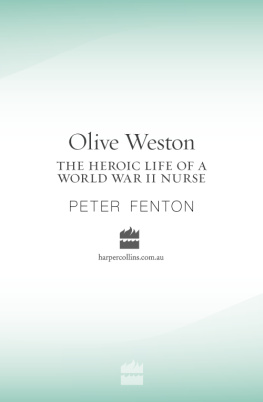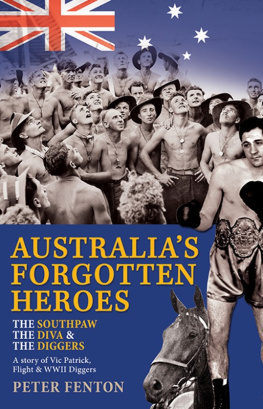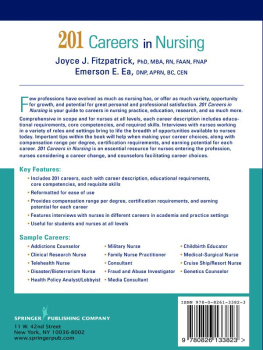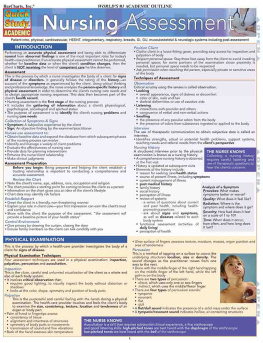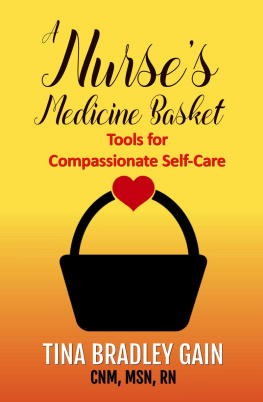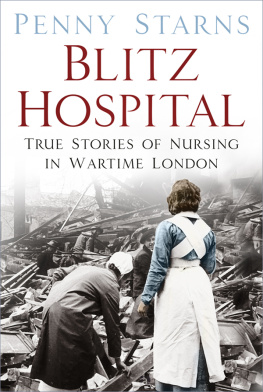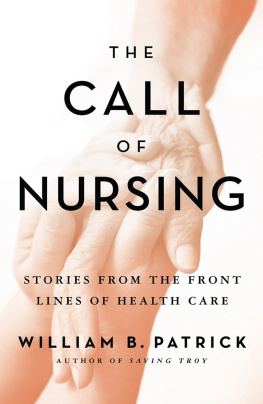This book is dedicated (at Olives request) to Australian missionary MAVIS PARKINSON and Australian missionary nursing sister MAY HAYMAN, bayoneted to death by Japanese soldiers at Popondetta, New Guinea, 1942, and to the following brave souls beheaded on Buna Beach.
CAPTAIN LOUIS AUSTEN, Australian Armed Forces
REVEREND FATHER REDLICH, Australian missionary
MARGERY BRENCHLEY, Australian missionary nursing sister
LILLA ASHMAR, Australian missionary schoolteacher
REVEREND FATHER HENRY HOLLAND, Australian priest
JOHN DUFFIELD, Australian builder
TONY CORS, native aide to Captain Austen
TONY CORS WIFE AND SIX-YEAR-OLD SON
May they rest in peace.
Foreword
BY NANCY WAKE
In September 2001 I was privileged to attend the week-long celebration of the centenary of the historic South Australian town of Kapunda. The invitation came from the Festival Director, the late Charles Smythe, who, along with his energetic committee, left no stone unturned to make sure I was made extremely welcome.
It was a chance to renew acquaintances with Olive Weston, with whom Id had many meetings over the years. Ollie had been a key player in the restoration of the War Memorial Gardens, the official opening and dedication being a major part of the celebrations. Of course it was also wonderful to meet up with the likes of Major Vivienne Holmes, who had been personal assistant to General William Slim in Burma, and famous nurses Jean Ashton and Betty Bradwell. Here was a gathering of wonderful women who had given so much during the war against Japan while I was engaged across the world with the French Resistance. We represented three theatres of war. We traded stories, laughed and joked but also remembered personal things like the bitterness and sorrow I felt when I first learnt how the Japanese had mistreated my brother Stan, at the Changi prisoner-of-war camp.
About this time my biography was doing nicely, thank you very much. Quite often the possibility of a biography of Olive Weston was raised. Ollies own story was quite remarkable, one that began with her wartime nursing and continued long after the war. Considering the success of my book it was not surprising that her story came to be of interest to authors and publishers. It was not long before Ollies exploits caught the attention of Peter Fenton, who, but for a previous commitment, would probably have written my story. Peter took the opportunity to study Olives diaries and was overwhelmed by their detail. He was reading history that was unknown to most Australians. In his hands was the basis of a truly inspiring story.
The exploits of Australias women at war have been sadly neglected for years. The magnificent Memorial Gardens might help address this, as Im sure this book will. The story of Olives childhood in northern Queensland, her ambition and study to be a medical missionary in New Guinea, interrupted by the war, her work for General MacArthur and the devotion to her intellectually disadvantaged son Steven are an inspiration. Ollies story is a wonderful revelation of the life of a beautiful person, full of courage and compassion, someone of whom all Australians should be proud.
Nancy Wake, 2003
I met Olive Weston through an old friend, Jim Cowley. Jim, a pharmacist from northern New South Wales, is a great talker and, in fairness, a great listener. He has some very special friends not the least of whom is the famous World War II hero Nancy Wake. He assured me he had others just as interesting. There was one in particular he wanted me to meet, a friend whose life story is quite remarkable. My previous books had all been to do with sport and I recall Jim saying, You have always written about champions, its time you wrote about a hero.
At Jims suggestion I rang Olive at her home in Christie Downs, on the southern outskirts of Adelaide. Its not ever easy talking to someone on the phone when you have never met them, but she was expecting my call and had just read, at Jims suggestion, a poem that I had written many years earlier about our great cricketer Don Bradman. Whether the poem impressed her or not I dont know but she came straight to the point. If you want to discuss a book youd better get yourself down here to Adelaide. You might find my story interesting. Ill leave that to you. Do you enjoy a glass of red? Good. Dont bother bringing any with you, weve got plenty here. Youve heard of the Barossa Valley no doubt. And the McLaren Vale. Heres my address. I dont go out that muchthis proved to be slightly inaccurateso just give me a days notice. Well have a lot to talk about so you should allow time to stay a day or two. No, you wont be booking into any hotel in Adelaide, you will stay here, theres just Steven and myself and there are three bedrooms so thats no problem. Just let me know when youre coming.
So I went. And she was right about the red wine. It was good and there was plenty of it. Given there were just the two of us, we made a reasonable contribution to the Barossas monthly income. When I replayed my tapes later the words seemed to come out more slowly in the sixth hour than the first and I was inclined to put this down to the recorders batteries. Subsequent tape sessions where we curtailed our wine intake showed the batteries were fine.
I wasnt presumptuous enough to assume she would trust me with her story but as it turned out she did. Olive scoffs at the thought of being a hero. Just call me a humanitarian, she says. Humanitarian she certainly is. The decision as to whether she is more than that I will leave to you.
Olive spent her teenage years working as a nurse in a large US military hospital in Townsville, her home town, tending to American GIs suffering from tropical fevers or casualties from the fierce fighting in New Guinea. She enjoyed the rank of a commissioned officer when most girls her age were concerned with what to wear to the next party, or perhaps whether to go south to avoid the impending Japanese invasion. Some of her nursing memories are still very painful but she has been totally open about them with me as she feels a need to tell them. For 60 years she has longed to free herself of a burden she was forced to keep because of her vows of secrecy, military vows taken when secrecy was not only essential but also compulsory. This was wartime and things were different, especially for an innocent teenager like Olive.
Having heard her story I was motivated to take a trip around Queenslands north to visit the areas that played such an important role in the Allies defence of the Pacific. Many of these places on the coast and in the hinterlands have now become famous as tourist attractions. Cairns, Mossman Gorge, Magnetic Island, Mareeba and Kuranda, where the sky-rail makes its way above the jungle tops to its lush destination, then accessible only by a primitive railway track or a winding, tortuous gravel road, were known to few but the locals. There was no village at Port Douglas, an occasional fishing hut perhaps, but more importantly a flat four-mile beach that was ideal for emergency landings for stricken aircraft. I was at primary school when such drama was unfolding and came away knowing plenty about the Magna Carta, the Pilgrim Fathers, Captain Cook, and Burke and Wills but took for granted what was happening in my own lifetime. Yes, I knew Darwin had been bombed, but not 64 times! Olives personal account of this stage in Australias history will almost certainly surprise you whether you are young or not so young.
I was also motivated to find soldiers, boys at the time, now men in their eighties, who retain vivid memories of Townsville in wartime. My old friend from Maitland, Harry Boyle, who was a member of Z Force, and Arch Fraley, an American GI who came to stay, had happy, and even humorous memories. Others were not so lucky. They gave extraordinary accounts of voluntarily undergoing mustard gas experiments from which they have suffered ever since. And others who unwittingly, and therefore unwillingly, were subjected to massive insulin injections. The untold stories of war are innumerable.

